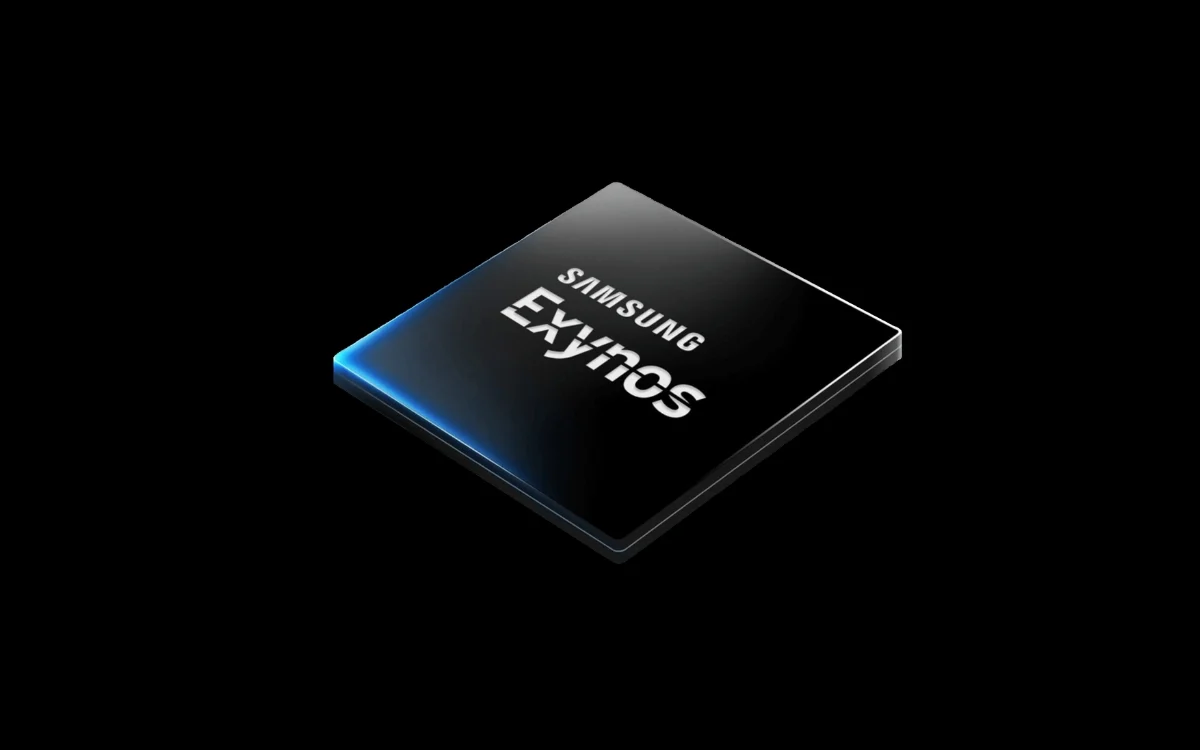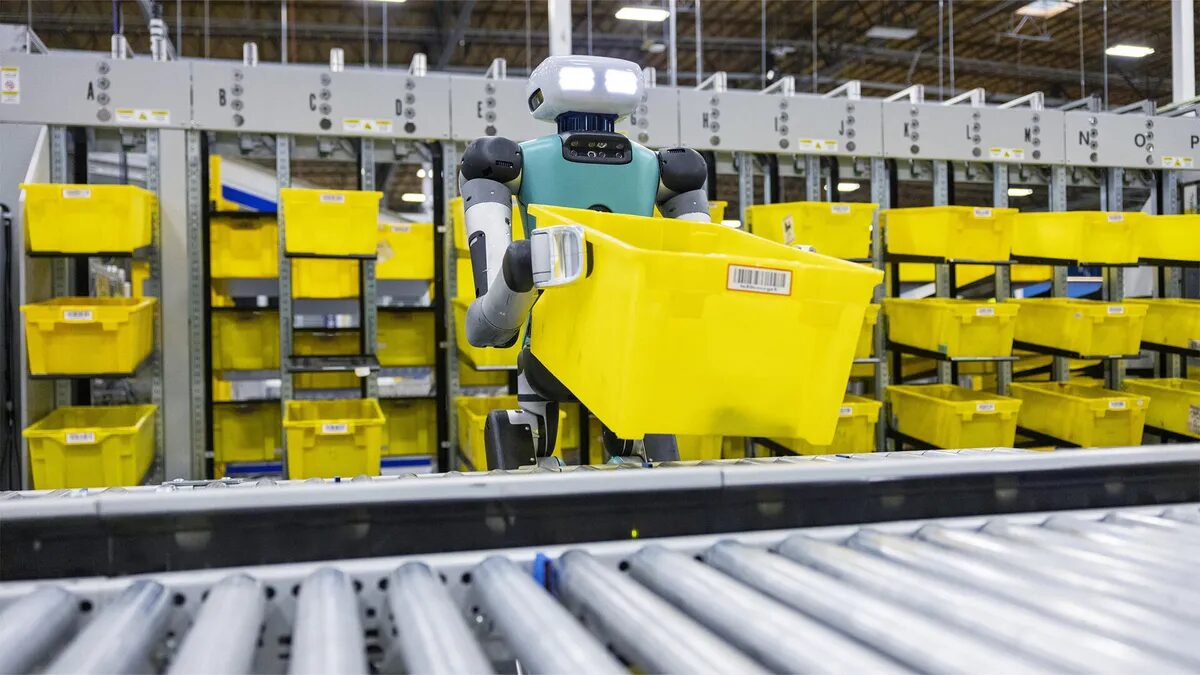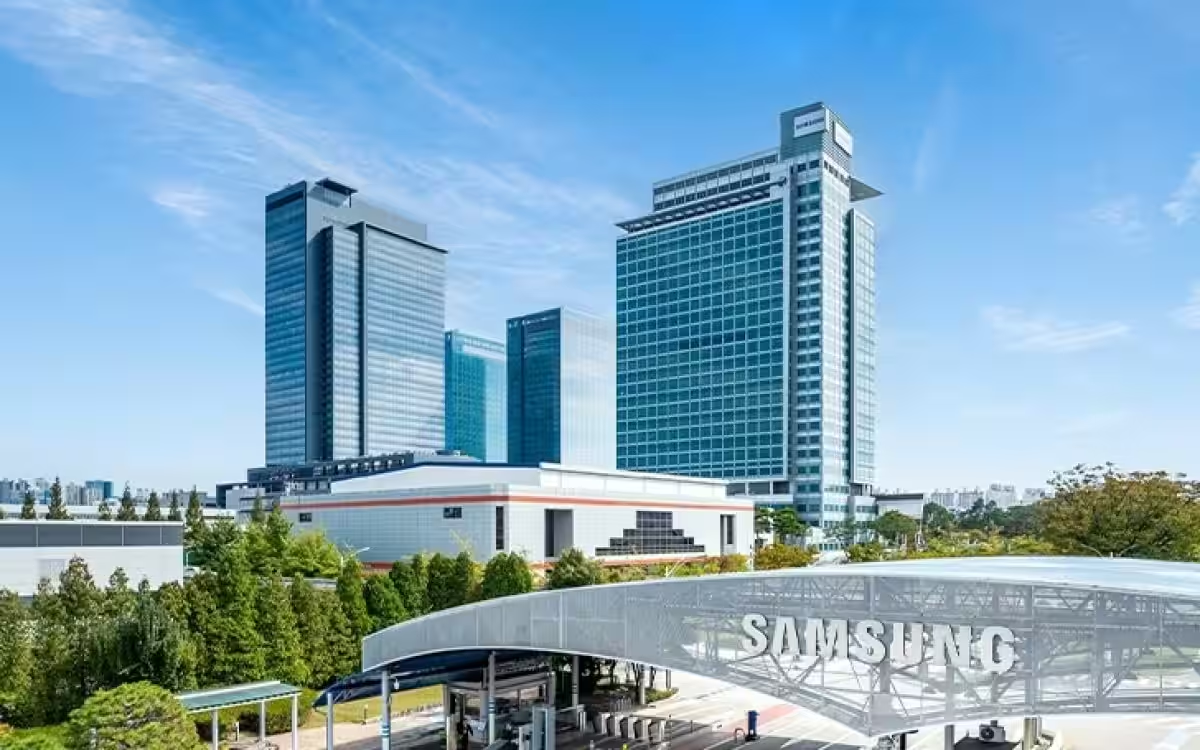Samsung may cancel Exynos 2600 production due to manufacturing issues

The Exynos 2600 chip, which was supposed to be the next step forward in Samsung’s mobile processors, may never make it to market. According to recent reports, the company is considering halting production of this model altogether due to the low efficiency of its 2nm manufacturing process. This raises doubts about the future of Samsung’s own processors and their competitiveness in the semiconductor market.
Key problems: low yield of year-old chips
.
TheExynos 2600 was supposed to be manufactured using Samsung Foundry’s advanced 2nm process. However, yields remain extremely low, at 10-20%, making mass production unprofitable.
This situation is reminiscent of the problems with the 3nm process used in the Exynos 2500, where chip yields were also 20%.
Another problem is that the Exynos 2600 was manufactured using Samsung Foundry’s advanced 2nm process.
Possible cooperation with TSMC
The low yield of year-old chips is forcing Samsung to consider alternatives, including outsourcing production of its flagship Exynos chips to Taiwan’s TSMC, a leader in advanced chip manufacturing.
However, such a decision comes with a number of challenges:
TSMC.
- An increase in manufacturing costs, which could lead to higher retail prices for Samsung devices.
- Loss of control over the manufacturing process, which Samsung had previously sought to keep in its hands to lower production costs.

Additional difficulties in Samsung’s semiconductor business
- Closing production facilities on 4nm, 5nm and 7nm processes. These facilities are no longer state-of-the-art.
- Reduction in headcount. In addition, the semiconductor division is facing the constraints of the 52-hour workweek in effect in South Korea.
- Restructuring of the processor development team. This process may take several years.
What’s in store for users?
Samsung has long been discussing the possibility of switching to Snapdragon 8 Elite or MediaTek Dimensity 9400 processors for the Galaxy S25 series. This solution could provide:
- Better performance.
- Improved energy efficiency.
The possible cancellation of the Exynos 2600, however, underscores the serious challenges Samsung faces in trying to maintain a balance between innovation and cost.
The possible cancellation of the Exynos 2600 underscores the serious challenges Samsung faces in trying to maintain a balance between innovation and cost.
The Future of Exynos and 2nm Technology
Despite the challenges, Samsung Foundry continues to work on improving the 2nm process to catch up and compete with TSMC. For now, however, progress remains a mystery, casting doubt on the future of Exynos chips in the coming years.
Samsung Foundry’s efforts to improve its 2nm process remain a mystery.
Exynos 2600 may be yet another reminder of the challenges even industry leaders face in keeping up with growing demands for performance and efficiency.








